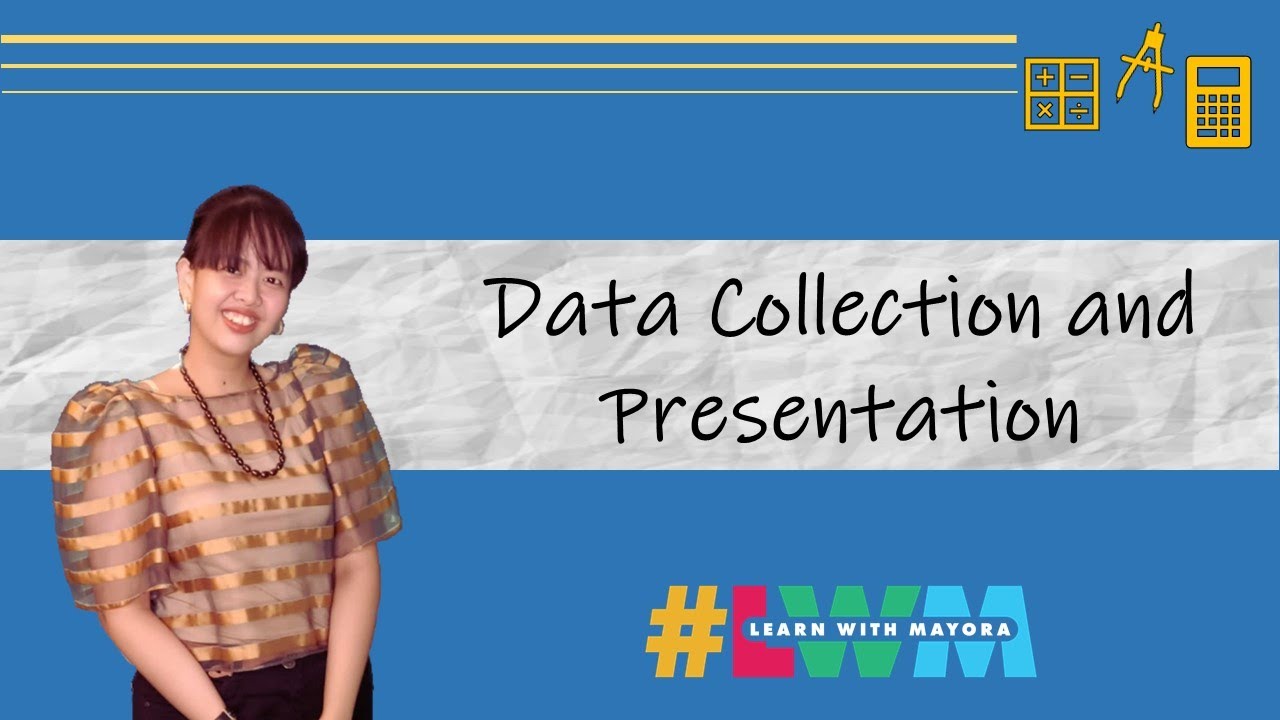Pengembangan Organisasi Metode Anajab
Summary
TLDRIn this informative session, various methods for data collection in job analysis are explored, including individual and group interviews, self-reports, direct observations, and surveys. The speaker emphasizes the importance of using both structured and unstructured interviews to gather comprehensive insights from job incumbents and their supervisors. Group discussions are highlighted as a supportive method for obtaining feedback, while self-reports allow individuals to articulate their job responsibilities. Observational techniques are recommended for roles with physical tasks. The overall focus is on employing a mix of these strategies to ensure accurate and thorough job analysis.
Takeaways
- 😀 Individual interviews are crucial for understanding job roles and performance expectations.
- 😀 Group interviews, or focus group discussions, encourage collaboration and open sharing among job holders.
- 😀 Self-reports allow employees to describe their responsibilities and provide personal insights into their roles.
- 😀 Direct observation is effective for gathering data on tasks that involve physical activities.
- 😀 Questionnaires should be structured to standardize responses and guide participants in describing their roles.
- 😀 Engaging with supervisors provides valuable perspectives on performance and job expectations.
- 😀 Interviews can be unstructured for initial information gathering and structured for deeper analysis.
- 😀 Facilitators must ensure that discussions remain unbiased and do not lead participants toward specific answers.
- 😀 Observational methods can be enhanced using cameras for long-term behavior analysis.
- 😀 Combining multiple data collection methods leads to a more comprehensive understanding of job roles.
Q & A
What are some methods of data collection in job analysis discussed in the transcript?
-The methods include individual interviews, group interviews, self-reports, observations, documentation review, and surveys.
What is the significance of interviewing incumbents in job analysis?
-Interviewing incumbents, or current employees holding the position, provides firsthand insight into the responsibilities, qualifications, and performance expectations associated with the job.
How can self-reports be used in job analysis?
-Self-reports involve asking employees to write descriptions of their jobs, which helps gather clear information directly from the source about their duties and experiences.
What is the difference between structured and unstructured interviews?
-Structured interviews follow a specific set of questions, while unstructured interviews are more open-ended, allowing for deeper exploration of topics based on the interviewee's responses.
Why is it important for facilitators to avoid leading participants during group interviews?
-Facilitators should not lead participants to ensure that all perspectives are shared freely, allowing for a more comprehensive understanding of the job and its requirements.
What role do focus group discussions (FGD) play in job analysis?
-FGDs are used to follow up on previously gathered data, allowing multiple participants to discuss their roles, share experiences, and clarify job functions collaboratively.
How can observations be effectively utilized in job analysis?
-Direct observations allow analysts to see job duties performed in real-time, particularly useful for tasks that are routine or physically demanding, such as in manufacturing or service industries.
What should be included in the self-report questionnaire for job analysis?
-The questionnaire should include sections on job responsibilities, relationships within the organization, frequency of supervision, necessary tools, confidentiality requirements, and work environment conditions.
What types of jobs are more suitable for self-report methods?
-Self-report methods are best suited for simpler jobs that do not require a wide range of specialized skills or extensive training.
What is the ultimate goal of job analysis as described in the transcript?
-The goal of job analysis is to gather detailed information about job roles to improve organizational structure, clarify responsibilities, and enhance performance standards.
Outlines

Этот раздел доступен только подписчикам платных тарифов. Пожалуйста, перейдите на платный тариф для доступа.
Перейти на платный тарифMindmap

Этот раздел доступен только подписчикам платных тарифов. Пожалуйста, перейдите на платный тариф для доступа.
Перейти на платный тарифKeywords

Этот раздел доступен только подписчикам платных тарифов. Пожалуйста, перейдите на платный тариф для доступа.
Перейти на платный тарифHighlights

Этот раздел доступен только подписчикам платных тарифов. Пожалуйста, перейдите на платный тариф для доступа.
Перейти на платный тарифTranscripts

Этот раздел доступен только подписчикам платных тарифов. Пожалуйста, перейдите на платный тариф для доступа.
Перейти на платный тарифПосмотреть больше похожих видео

Research Design: Choosing your Data Collection Methods | Scribbr 🎓

METODE PENELITIAN KUALITATIF (TEKNIK PENGUMPULAN DATA)

Metodologi Penelitian || Pertemuan 6 (Teknik Pengumpulan dan Pengolahan Data)

Data Collection and Presentation | Statistics

Analisis Data - Informatika

TTM 02 ANALISIS JABATAN DAN JOBDESK vIDEO
5.0 / 5 (0 votes)
